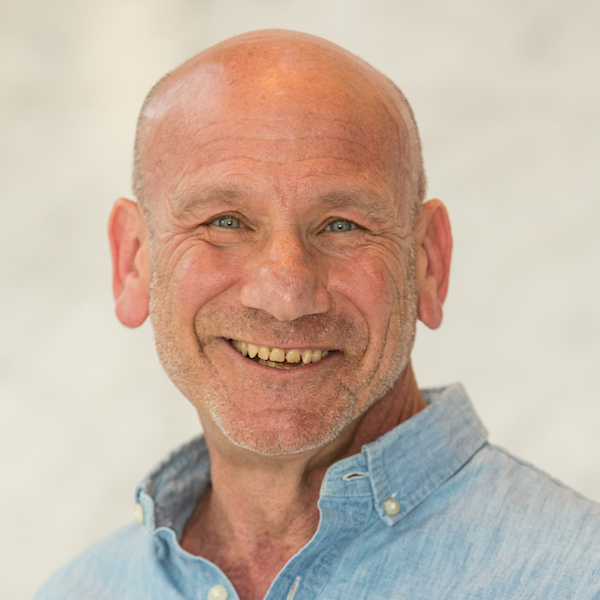If mice can have “>Science reported recently, then I guess it shouldn’t be surprising that cultures can have false memories planted in their brains by politicians and their media enablers.
What brings this to mind is “>talk, may leave a “warm glow,” but “the rise of consumer capitalism is really what undercuts traditional values.” The genius of Reagan’s rhetoric was to assert that we can have it both ways – that the private quest for money and power is compatible with the yearning for public connectedness. Reaganism encouraged Americans to believe that there is no tradeoff between unleashing the cowboy and empowering the community, that “we can have everything and not pay any price for it.” Greed is good; greed is godly.
It was “Habits of the Heart” that also put “Sheilaism” – a name for religious do-it-yourselfism – into the sociological lexicon. The term Sheilaism turned out to be so “paradigmatic,” Bellah said, “that as I go around the country I find people talking about this before I have a chance to say anything.”
Sheila Larson was the pseudonym that Bellah and his coauthors gave to a young nurse they interviewed. She told them that though she couldn’t remember the last time she went to church, she did believe in God. She had a private, personal faith that she called “Sheilaism. Just my own little voice.” Its tenets: “It’s just try to love yourself and be gentle with yourself.” Then she added this: “You know, I guess, take care of each other. I think God would want us to take care of each other.”
Sheilaism became synonymous with the view – held by 80 percent of Americans at the time, according to a Gallup poll – that “an individual should arrive at his or her own religious beliefs independent of any churches or synagogues.” Even many of the people who do show up in the pews, Bellah said, “are Sheilaists who feel that religion is essentially a private matter and that there is no particular constraint on them placed by the historic church, or even by the Bible and the tradition.” So at the same moment when fundamentalist leaders allied with Reaganauts were transforming right-wing positions on social issues into matters of religious doctrine, an overwhelming majority of Americans in fact felt that choosing what to believe or not believe about God – and also, arguably, about God’s political views – was legitimately a matter of individual personal freedom.
Sheilaism, in other words, was a political threat, a challenge to power that the right reframed as a challenge to religion. The transfer of wealth from the bottom to the top, a hallmark of Reagan economic policy, was cloaked in moral terms, a righteous restoration of the rugged risk-taker’s rewards, while the poor and vulnerable among us – far from being people the community have a responsibility to care for – were rebranded as loafers and takers unworthy of compassion or concern. Before long, defending the country from a phony war on Christmas became the cover for waging a real war on government. “You didn’t build that” – the ironic taunt of Mitt Romney’s presidential campaign, an attempt to depict Barack Obama as contemptuous of individualism – had its antecedent in the ’80s media deification of CEO cover boys, whose bootstrapped sagas somehow neglected to mention the public school teachers, or the publicly financed infrastructure and research, not to mention the regulations, and sometimes the corporate welfare, on which their ascendance actually depended.
The scientists at the Massachusetts Institute of Technology who were able to identify the individual neurons in mice brains that contained false memories were able to turn those memories on and off by using blue light transmitted by a fiber optic cable. It’s tempting to imagine what it would be like if some of our human false memories – like: unbridled capitalism made America a more godly nation; individual religious freedom made America a less moral nation – could just as conveniently get the blue light treatment.
Marty Kaplan is the “>USC Annenberg School for Communication and Journalism. Reach him at martyk@jewishjournal.com.























 More news and opinions than at a Shabbat dinner, right in your inbox.
More news and opinions than at a Shabbat dinner, right in your inbox.